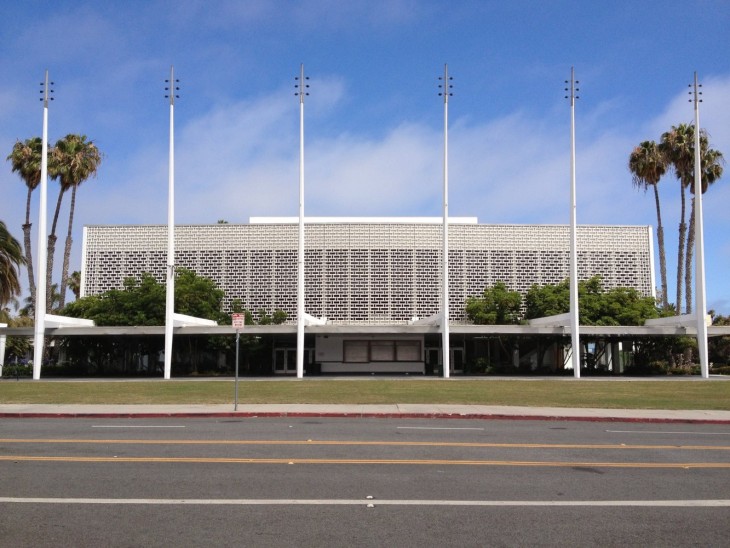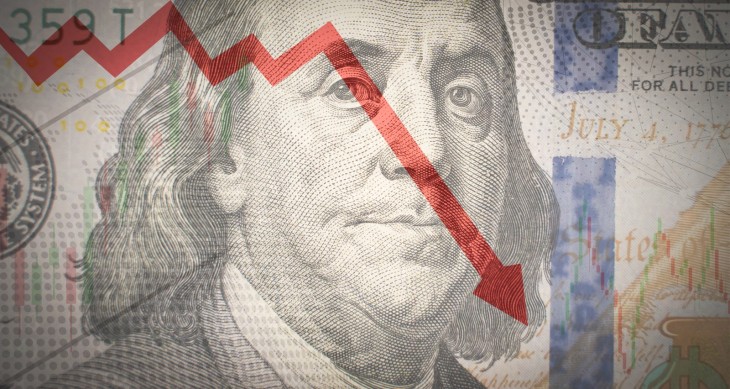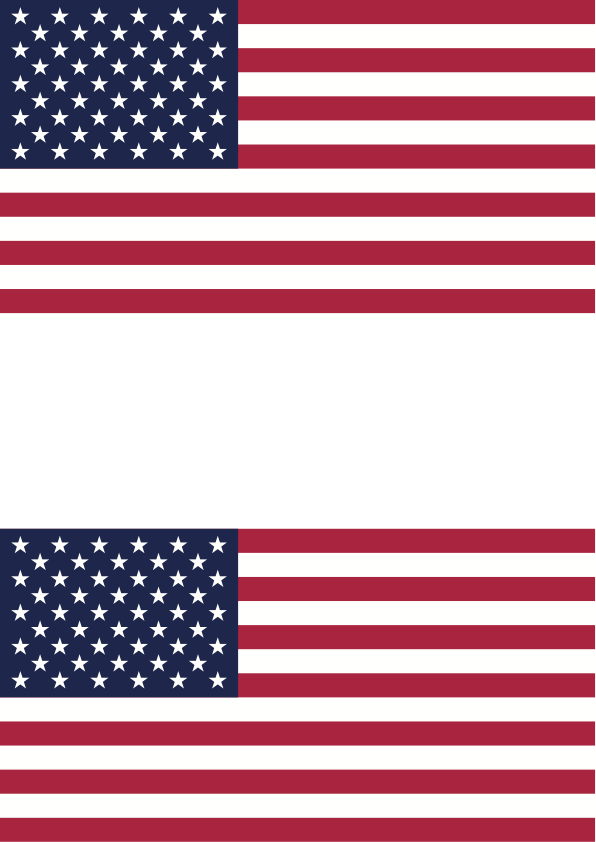Elvis Presley’s “Money Honey” (which was definitely not about elections!) could well be the title of this election season in the United States. What was the Supreme Court thinking when, in the Citizens United ruling of 2010, they ended the ban on corporations and unions financing independent expenditure campaigns and allowed unlimited spending in support of the election or the defeat of individual candidates. So much for the sanctity of the Country’s sacred ballot.
The race for State Senator has had the Citizens United beast breathing down the campaigns as have campaigns across the country. The candidates are working all out to make their ideas heard above the loud noise of unparalleled amounts of money spewing from people who think it’s only right that campaigns be bought and sold.
So how do you, the voter, figure out what is money talking as opposed to what the candidate is saying? In this column candidates for the 26th District State Senate seat Sandra Fluke and Ben Allen speak, in their own words, about their campaigns and about campaign financing.
Candidates were asked to provide information on: total funds raised and total funds spent, to date; number of individual donors; the number of double maximum donors, i.e., $4,100 in the primary and $4,100 in the general; the number of donations that were $250 or less; contributions returned and why; donors whose contributions they would not accept; the total of individuals and/or organizations who have made independent expenditures on behalf of the campaigns and the total that has been spent on individual expenditure campaigns.
They were asked, “Do you think our State campaign finance rules need to be changed? If so how and what plan do you have to help bring about those changes?”
It was a lot to ask, but everything I asked was something that each of the candidates already knew and had thought about.
While the question asks for data, behind the data, of course, lies information about opportunity and meaning in campaign reform.
Ben Allen
“I will have raised and spent about $1 million through the course of this campaign, including the primary and general election. I’m not a famous person, but over 1,000 people have donated to my campaign, and the majority of my donors have given $250 or less.
“Unlike my opponent, nearly all of my campaign contributions have come from within the State of California and not outside interests. In addition, I have not had the means to make personal contributions to my campaign upwards of $200,000. I don’t believe that we’ve had to return anyone’s money, except in one case where someone exceeded the contribution limits, but that partly has to do with the fact that I’ve made it clear that I have decided not to take money from various interest groups, including oil, tobacco, firearms, or Walmart money.
“There has been one substantial independent expenditure sending out pieces of mail that are supportive of me. I don’t have any control over it. It has been almost entirely very positive.
“I’m proud of the fact that I haven’t attacked my opponent, and have been 100 percent positive in my campaign’s public messaging.
“I’ve always been very supportive of campaign finance reform, it’s a legislative priority for me, and the experience of running for office (and going through the relentless process of raising money) has made me all the more supportive of making changes to clean up our system.
“I would like to see us ban campaign contributions made by special interest lobbies with business before the legislature in the final 100 days of the legislative session so as to prevent the sort of transactional pay-to-play politics that currently pervades Sacramento. Senator Leland Yee was taking money from special interest lobbyists less than 24 hours before voting on their measures on the floor of the Senate! That has to change.
“I support the Disclose Act and support greater campaign contribution disclosures – I support public financing proposals, and also support matching grants programs that would encourage small personal donations.
I would like to see us overturn Citizens United and would eventually want to limit total spending on campaigns, including independent expenditures – that’s why I’m proud to be the one candidate in this race who accepted the state’s voluntary campaign spending limits (see page DS5 of your sample ballot).
“I’ve always tried to exercise my roles in government, whether at the state level on the UC Board of Regents, or here at the local level on the School Board guided by ethics and integrity.
“It is expensive to run for office, and both Sandra and I have been successful at fundraising, but my agenda has always been, and will always continue to be, improving quality of life in this community that I grew up in, where my family is, and which I love. That’s what will always guide me as a State Senator if I’m fortunate enough to be elected on Tuesday.”
Sandra Fluke
“As of our most recent report, my campaign has received $1,226,101.74 in contributions, and spent $1,144,233.26. My campaign has been supported by 5,077 individual donors and has received 7,042 donations of $250 or less. 85 percent of my donors are those small dollar donors. Only six donors have contributed the maximum in the primary and general, including my parents who borrowed from their retirement to do so.
“The only Independent Expenditure supporting me has come from the local Planned Parenthood for $26,804.11.
“I’m proud that I have funded my campaign through support of the grassroots. The majority of my funding comes from Californians I reached out to personally who want special interests and mega-donors to have less of a voice in Sacramento. This gives me the independence and credibility necessary to stand up for our community.
“I’ve been clear that I won’t accept donations from sources that don’t have this district’s best interests at heart. For example, I haven’t accepted donations from tobacco or oil companies or from the PAC’s that funnel their money. I also committed to repudiate any such independent expenditures. By contrast, my opponent has accepted hundreds of thousands of dollars of conservative direct donations.
“Because of my strong and clear stance on issues, I haven’t needed to return any contributions, although there’ve been those I didn’t pursue when offered. Special interests know where I stand, and many of them have chosen to support my opponent because of my positions.
“FarmPAC, the organization fighting against farm workers’ rights to things like shade and water, know that I’m a strong supporter of working families. They have not only given money to my opponent directly, but have also spent money attacking me in misleading mailers. They know I’m a progressive champion and are working against me because of my commitment to our values.
“This race is a clear example of why our campaign finance laws need to change. Ever since Citizens United, we’ve seen an unprecedented effort by mega-donors and special interests to buy elections around the country. Now, it’s happening in our own backyard. My opponent is benefiting from the $1.3 million dollars of one individual trying to buy this election, and we must fight back.
“I’ve always been dedicated to campaign finance reform. I will work to pass tough reforms to make elections more transparent by making it easier for voters to know who is funding campaigns, and to reduce the influence of big money in politics by creating a small-dollar matching program to encourage candidates to seek support from everyday people and give special interests less of a voice. Together, we can make California a leader in achieving campaign finance reform.”
Now it is up to us, the voters. Voting is a great responsibility and a basic freedom. We protect that freedom by voting. Please vote on Nov. 4.

























